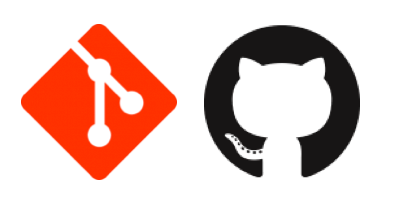In a new LITA web course learn how to use the powerful and popular project management and collaboration tools, Git and GitHub. Perfect for anyone who works with code and on projects such as web sites, apps, classes, scripts, and presentations. Beginning Git and GitHub Instructors: Kate Bronstad, Web Developer, Tufts University Libraries; and Heather Klish, Systems Librarian, Tufts University Libraries. May 4 – June 1, 2017 Register here, courses are listed by date and you need to log in Work smarter, collaborate faster and share code or other files with the library community using the popular version control system Git. Featuring a mix of git fundamentals and hands-on exercises, participants learn the basics of Git, learn how to use key commands, and how to use GitHub to their advantage, including sharing their own work and building upon the projects of others. View details and Register here. This is a blended format…
Beginning Git and GitHub




